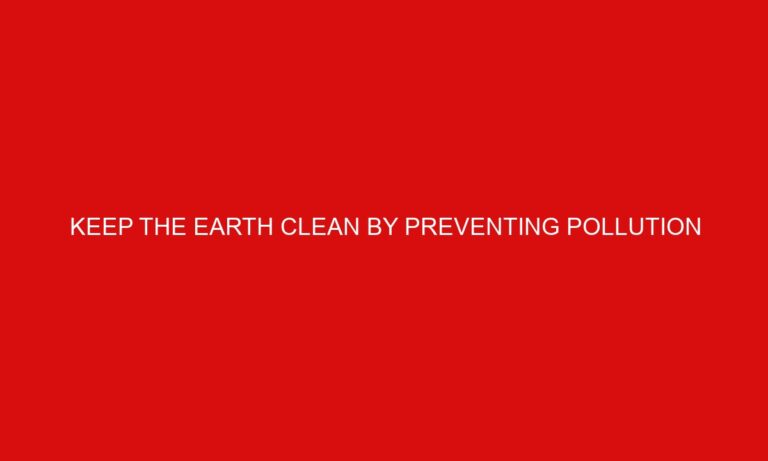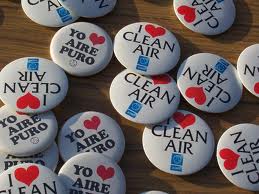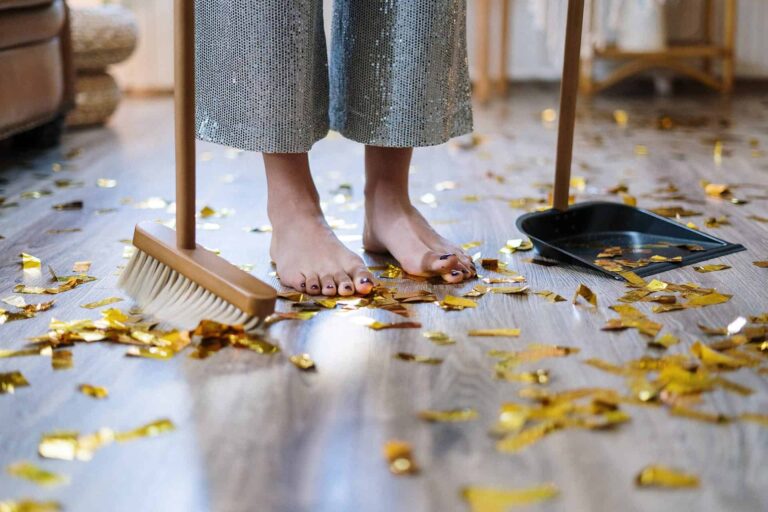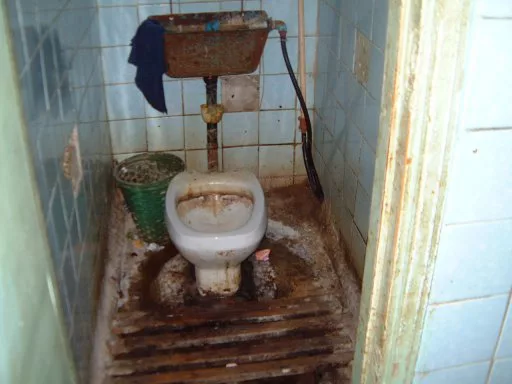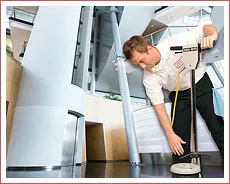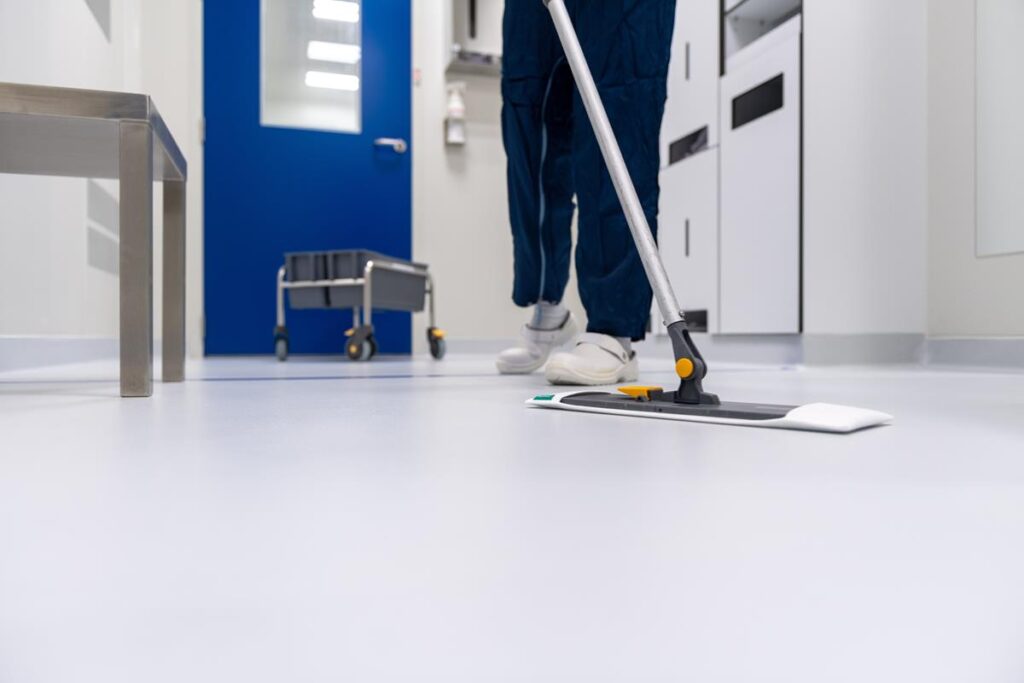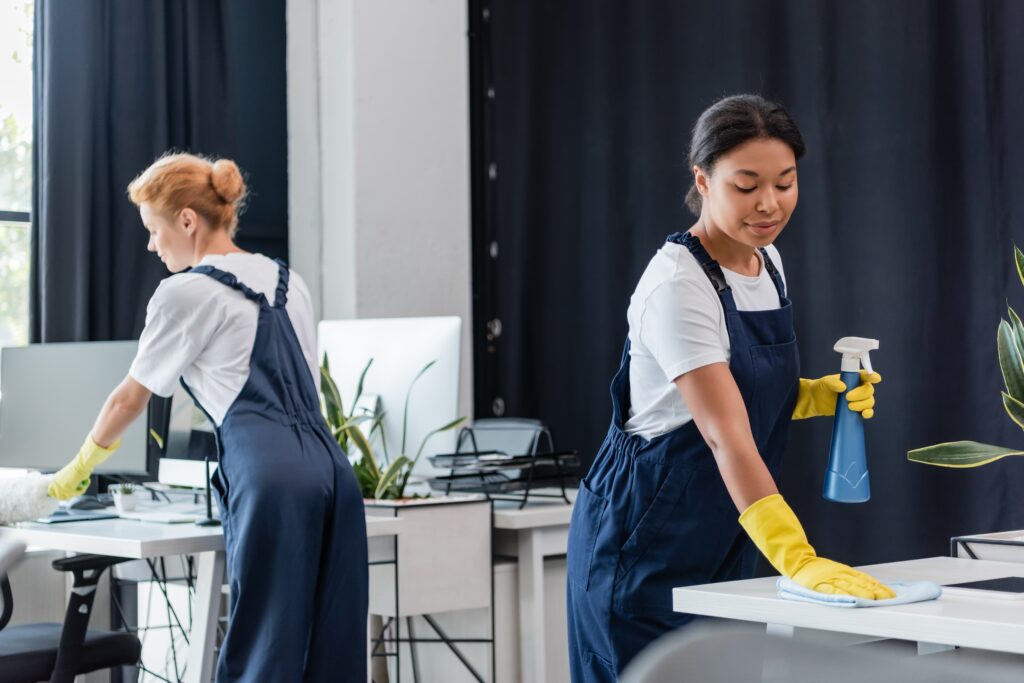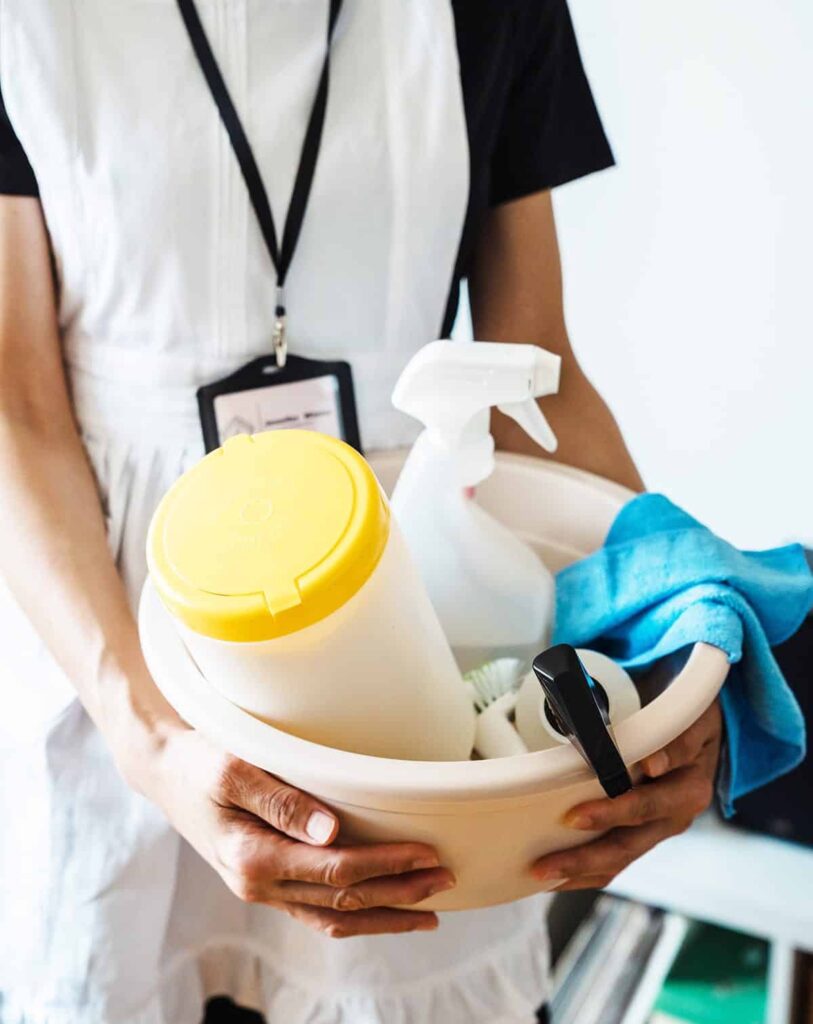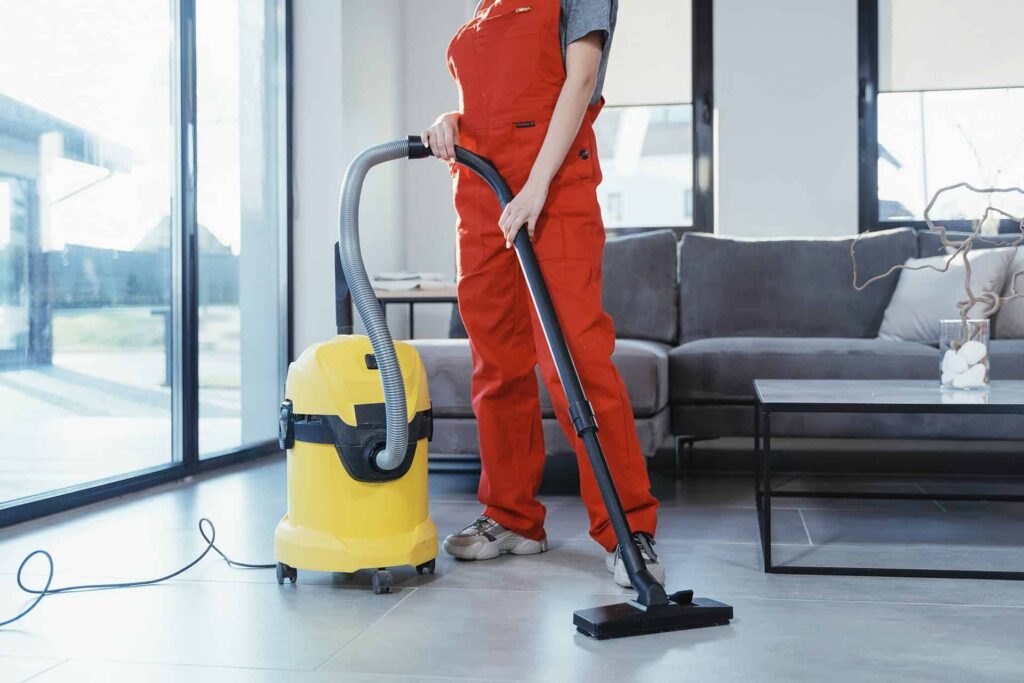A Guide to a Cleaner and Healthier Classroom
A Guide to a Cleaner and Healthier Classroom
Written by:
Classrooms were designed to be an optimal place for learning to occur. Students and educators alike spend several hours each week in these often-cramped quarters. With large groups of people occupying a small space on a regular basis, it is no surprise that classrooms with students of all ages are prone to both clutter and germs. A disorganized and messy classroom can be a distraction and may even become a health hazard for students and educators. Fortunately, there are steps that can be taken to achieve a cleaner and healthier classroom so the focus can be kept on learning.
Disinfect Classroom Surfaces and Objects
Wiping down tables or desks with soapy water is often not enough to rid them of all bacteria and germs. Because of this, it is wise to use a disinfectant spray on each desk and table along with objects that students and educators frequently come into contact with. In elementary schools, this may include toys used at recess, while in middle schools, high schools, and colleges, it may include lab equipment and computer keyboards. Disinfecting these surfaces and objects will not only contribute to a cleaner classroom, but it may also prevent the spread of illnesses such as the flu.
Reduce Clutter
Classrooms generally have a limited amount of space for storage, so it is necessary to routinely reduce the amount of clutter in the room. Books, projects, and artwork are common culprits that contribute to a cluttered classroom. While this may only seem like a problem when it comes to a classroom’s appearance, these unused objects can easily become traps for dust and germs. In extreme cases, they may also contribute to accidents in the classroom such as tripping or items falling on students or educators. Educators should schedule a time each month to clear out old paperwork as well as books, projects, and artwork that are no longer of use to students.
Dust Weekly
Although school janitors will regularly clean the classroom, smaller tasks such as dusting are often overlooked. To eliminate a buildup of dust on classroom surfaces, dusting should be done regularly. Dusting once a week with a feather duster, wet rag, or disinfectant wipe is the easiest way to prevent excessive dust buildup on desks, tables, or shelves. Educators can quickly and easily dust a classroom in the time before or after school hours. While some tasks can be turned into classroom chores for students, due to dust allergies, it is best for educators to handle dusting themselves while students are not present. Eliminating dust from the classroom will not only make the classroom cleaner, but it will also ensure that students with allergies or asthma are able to remain focused on learning instead of constantly reaching for tissues or inhalers.
Encourage Proper Hygiene Practices
Unfortunately, classrooms are a notorious breeding ground for germs and illnesses. One way to limit the spread of germs from student to student or teacher to student is to adamantly enforce proper hygiene practices. Educators should remind young students to wash their hands after using the restroom, after coughing, after blowing their noses, and before eating. In addition to handwashing, educators should also ensure that students are covering their mouths while coughing and using tissues instead of their hands or sleeves in the event of a runny nose. Teachers should keep their classrooms stocked with products such as hand sanitizer, tissues, hand soap, and disinfectant spray or wipes and encourage their use. When students and educators alike practice good hygiene, it significantly decreases the amount of germs, bacteria, and illnesses that are spread to others in the classroom through direct contact as well as through contaminated classroom surfaces.
Assign Classroom Chores
Naturally, with so many students to account for, educators have busy schedules. Keeping a classroom clean does not have to fall solely on the educator, however. Students generally enjoy participating in group activities, and cleaning the classroom is no exception. Educators should assign basic tasks to students that they are to perform in the last few minutes of each school day. Simple tasks such as cleaning the chalkboard, picking up items from the floor, or organizing bookshelves are chores that even very young students can do with little help. Students may choose their chores for each week in an exciting way, such as drawing chores from a hat, to increase participation. Educators can also signal cleanup time in a fun way for younger students by teaching them to begin their chores upon hearing a specific song. With these tasks being completed each day, it will quickly lead to a cleaner, healthier classroom without requiring an educator to sacrifice valuable time that would otherwise be spent grading papers or developing lesson plans.
- Five Ways to a Healthier, Cleaner Classroom
- Tips for Teachers to Keep Your Classroom Clean and Healthy
- Remove Clutter from Classrooms
- Cleaning for Health in the Classroom (PDF)
- Healthy Air: Classroom Checklist (PDF)
Contact Us
Get a quote
Your satisfaction is our priority, and we’re here to assist. Reach out to Busy Bee effortlessly by contacting us. Whether you have questions, need a custom quote, or want to discuss your cleaning requirements, our friendly team is ready to respond promptly. Connecting with us is the first step towards a cleaner and more comfortable environment for your home or business.
Call us for a quote today!
Contact Us
Get a quote
Your satisfaction is our priority, and we’re here to assist. Reach out to Busy Bee effortlessly by contacting us. Whether you have questions, need a custom quote, or want to discuss your cleaning requirements, our friendly team is ready to respond promptly. Connecting with us is the first step towards a cleaner and more comfortable environment for your home or business.


